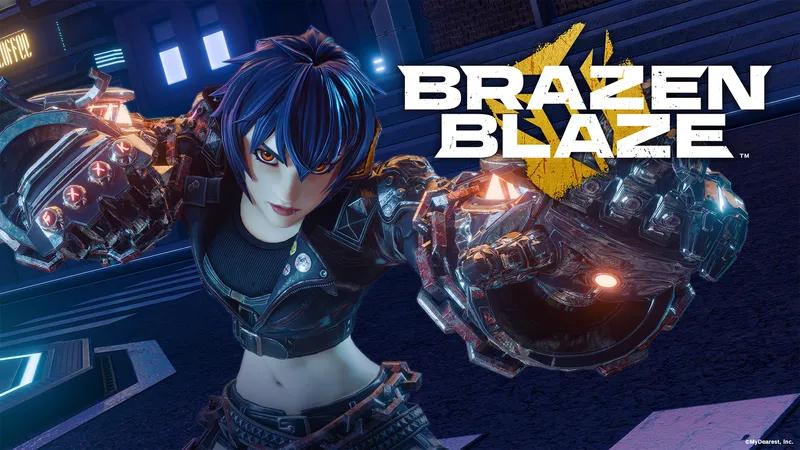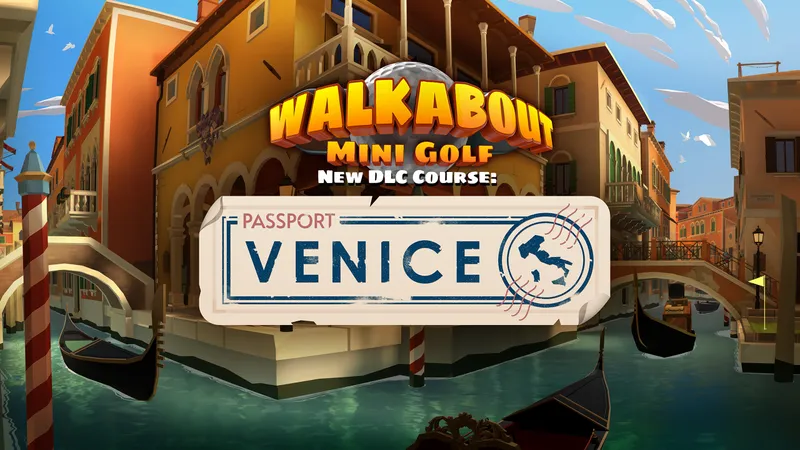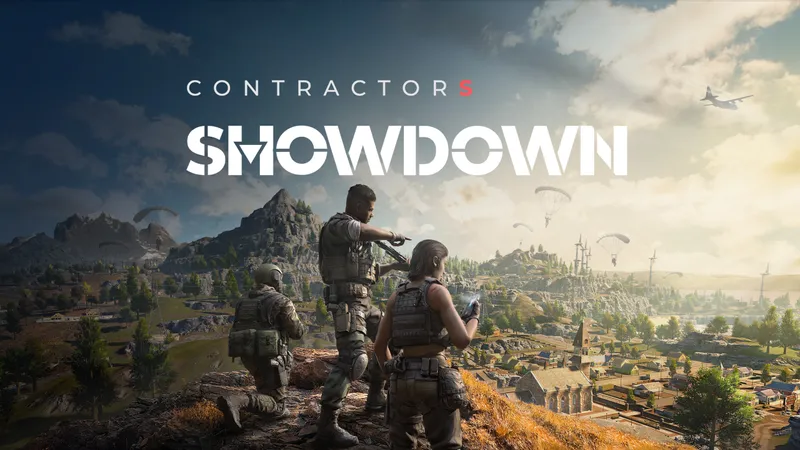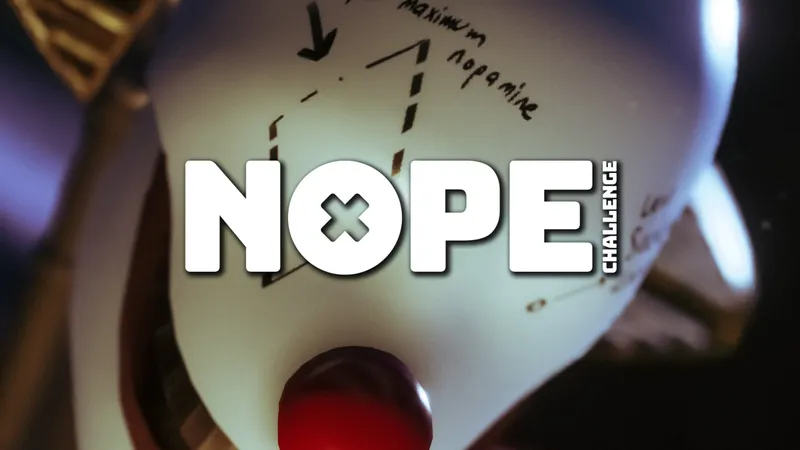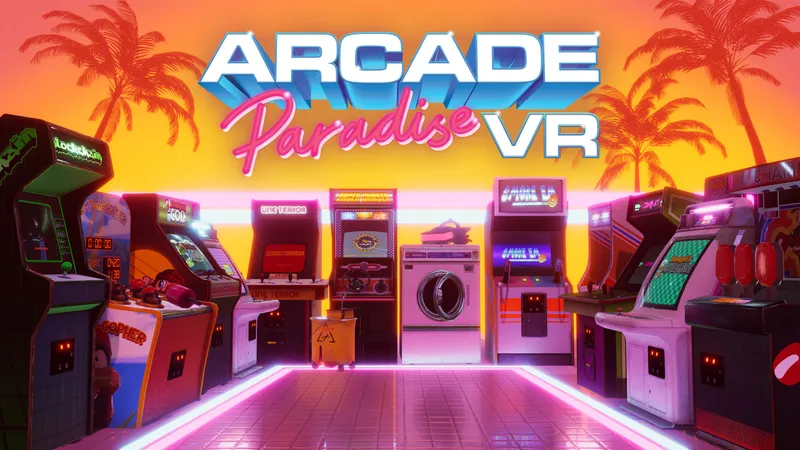EVE: Valkyrie, at $60, is the most expensive game coming to the Rift at launch.
https://www.youtube.com/watch?v=Eic4gyZ0PDc
This price point is widely considered to be the standard for AAA console or PC video games. These games are developed over the course of several years and typically contain immaculate worlds with dozens of hours of gameplay.
$60 seems like a fair price for titles with this level of ambition, but does EVE: Valkyrie – an incredible, but seemingly standard, VR cockpit shooter – boast enough content to command that same price?
Most Rift titles will be available on the store for between $15 and $30. The head of Oculus Studios, Jason Rubin, addressed this disparity at a press event by pointing to the unique situation of CCP, the studio behind EVE.
“In the case of a third party studio like CCP’s EVE or Project CARS…[they both] already have a price so we had nothing to do with that. In the case of Oculus Studios content…the bottom line is the content has to be priced appropriately for the content the consumer gets.”
Rubin’s explanation implies that third-party studios are free from the same sort of price directives that first-party Oculus Studios partners – such as Gunfire Games (Chronos).
EVE began as an Oculus exclusive but made the jump to other VR headsets as well. Rubin explains this change by saying CCP’s expansion of the title caused it to, “sort of become it’s [CCP’s] own game.”
Rubin explains that the prices for games his team produces are determined through discussions during which both sides “put their numbers on the table.”
“It turns out there’s a pretty consistent value of what the opinion of a title is and pretty much every time we sat down with the developers and put our numbers on the table it was almost always the same…If it’s a Gear VR title ported, then it’s probably the same price as the Gear VR title. If they went back and re-did all the art and added levels, it gets that value. If it’s a full experience like Project CARS or Chronos, which is a 10+ hour game, that gets that value.”
When asked if these value decisions will be substantial enough for developers to turn a profit from their creations, Rubin said, “I do believe that. So the investments made today will pay off whether it’s this year or down the road a little bit. Larger titles will pay off over a longer period of time but they will pay off.”
Since the Oculus Store is, in Rubin’s words, a “curated store,” there are rules and regulations for what content can and cannot go up. The restrictions, according to Rubin, are nothing too surprising:
“Right now it’s the obvious: no porn, no racism, no extreme violence…We’re a curated store but we’re not a nanny state…We are owned by Facebook so it’s pretty easy to look at what doesn’t happen on Facebook…we do the same.”
Developers eager to get their in-progress or beta creations onto the store should look at Concepts.
“[Concepts is] basically share 2.0…I will say it is curated but must less curated. We’ll allow partial games, things that crash.”
These practices will be put to the test as the Oculus Store transitions from interesting concept to battle-tested web service once consumer versions of the Rift begin arriving on doorsteps around the world.
Update: Portions of this post were changed from the original version for clarification.


